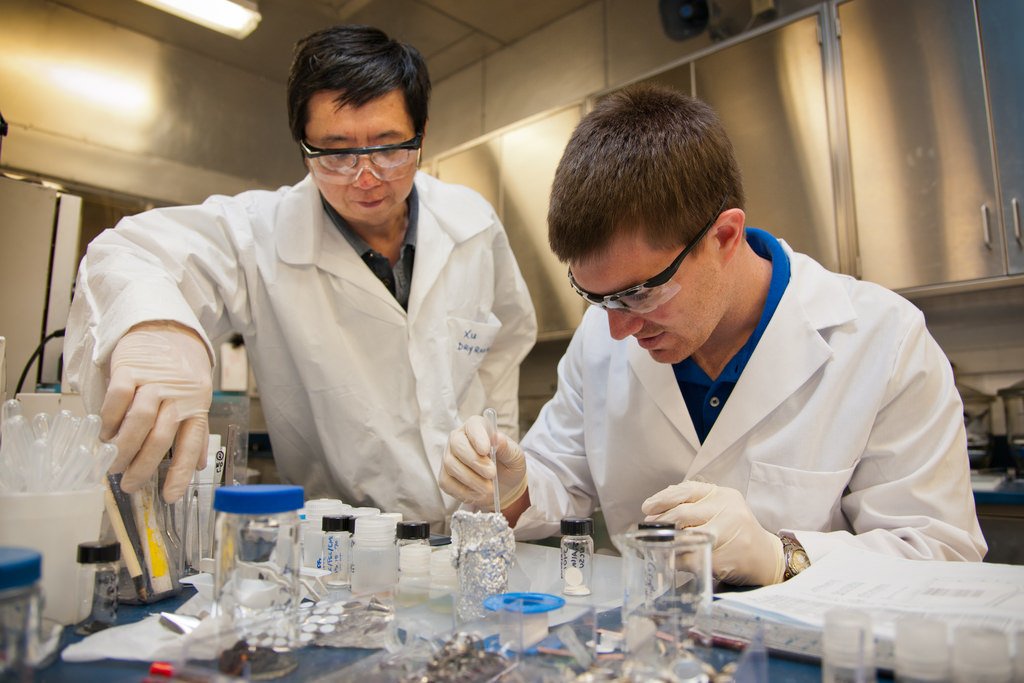
Courtesy- Flickr
A group of researchers in from Tokai University, Tohoku University, and Osaka University has succeeded in developing synthetic insulin analogs with long-lasting activity by replacing sulfur with selenium in the insulin sub-chains.
Insulin consists of two polypeptide chains: A chain and B chain, connected by a disulfide bond between two sulfur (S) atoms. The group hypothesized that if insulin A-chains and B-chains contained selenium (Se) instead of sulfur, the diselenide bond (Se−Se bond) would be formed quickly and the chain-assembly reaction could be carried out efficiently, as Se is more reactive than S.
The researchers demonstrated that selenoinsulin analog had a nearly identical structure to that of bovine pancreatic insulin, suggesting that they have similar bioactivity.
Experiments on the degradation of bovine pancreatic insulin and Selenoinsulin by insulin degrading enzyme showed that the degradation rate of Selenoinsulin was much slower. Hence, the researchers proposed that that Se-Ins has a long-lasting nature and could be a new class of long-acting insulin analogs for diabetes therapy.




